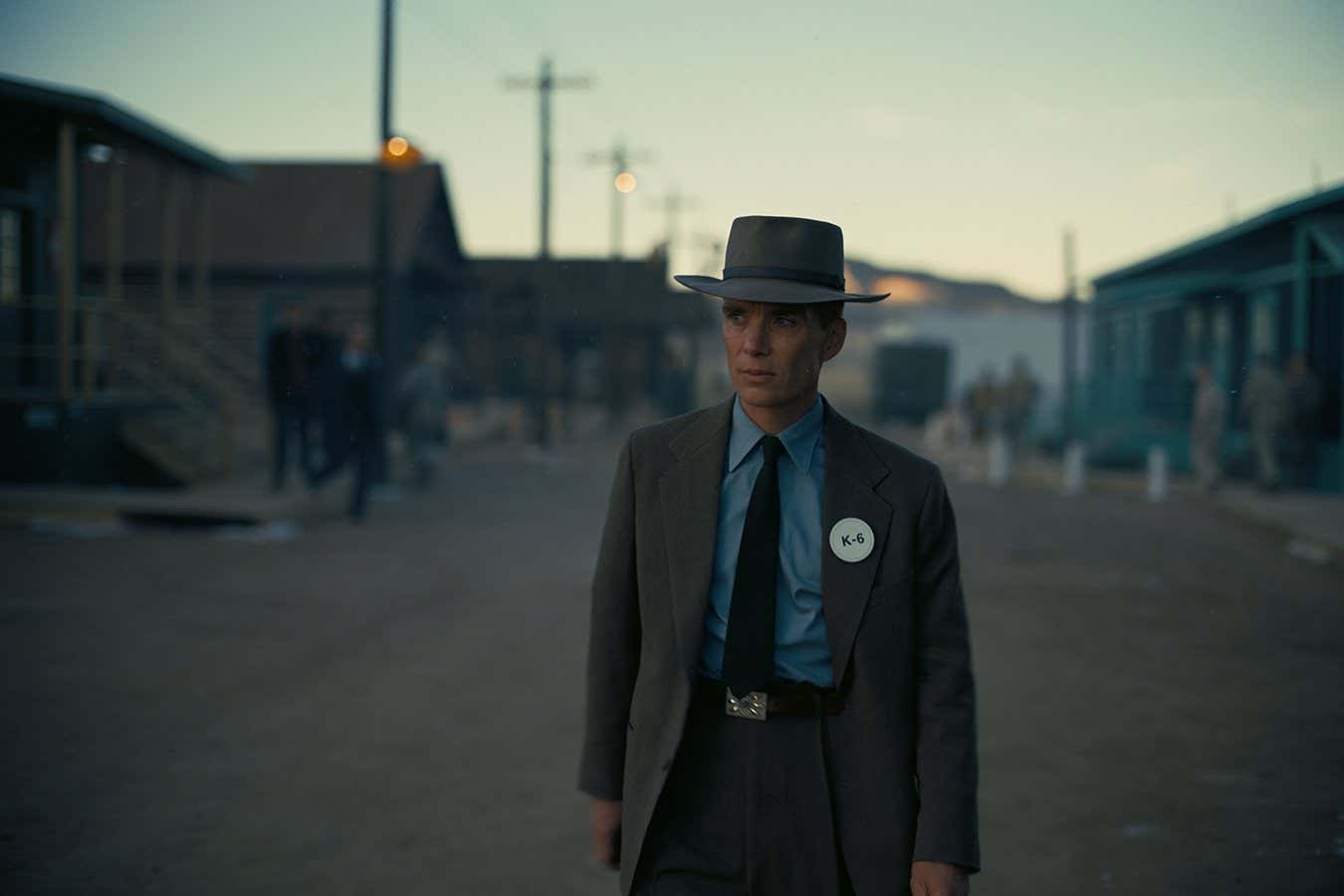In a new three-hour blockbuster film called Oppenheimer, director Christopher Nolan explores the story of J. Robert Oppenheimer, the physicist who led the team that created the first atomic bomb. The film focuses on the years following World War II, where Oppenheimer’s opposition to nuclear weapons led to his downfall.
Oppenheimer, also known as the “father of the atomic bomb,” directed the Los Alamos Laboratory in New Mexico during the war, where the first successful test of a nuclear weapon, known as the Trinity Test, took place. This test provided the evidence President Harry S Truman needed to authorize the bombings of Hiroshima and Nagasaki in Japan, resulting in the deaths of thousands.
After the war, Oppenheimer became an advocate against the use of nuclear weapons. However, during the McCarthyism era of the 1950s, he lost his security clearances and reputation due to suspicions of communism. Director Christopher Nolan hopes that the film will draw attention to the ongoing threat of nuclear weapons and the importance of international cooperation in addressing this issue.
The film is based on the book American Prometheus: The Triumph and Tragedy of J. Robert Oppenheimer, co-authored by journalist and historian Kai Bird. The book tells the story of Oppenheimer’s rise to national hero status after the war and his subsequent fall from grace during the McCarthy trials.
In an interview with Kai Bird, he explains the significance of the book’s title, American Prometheus, which refers to the Greek myth of a man who stole fire from the gods and suffered eternal punishment. Oppenheimer’s life mirrors this story as he went from being celebrated as a hero to being publicly humiliated and stripped of his national identity.
When discussing Oppenheimer’s role in the race to build the atomic bomb, Bird acknowledges that Oppenheimer was an unconventional choice to lead the scientific team at Los Alamos. However, General Leslie Groves saw in him a unique ability to communicate complex ideas and motivate others. Oppenheimer’s background in literature also played a role in his success, as he could inspire and connect with fellow scientists using poetry and analogies.
Regarding the bombings of Hiroshima and Nagasaki, Bird explains that while Oppenheimer did not have the final say in the decision, he knew and understood the consequences. Oppenheimer believed that demonstrating the power of the atomic bomb was necessary to deter future wars fought with nuclear weapons. However, he instructed the bombardiers to drop the bomb in the center of Hiroshima for maximum impact, which caused immense destruction.
The story of J. Robert Oppenheimer serves as a cautionary tale, showcasing the rise and fall of a brilliant scientist and the consequences of his involvement in the creation of the atomic bomb. It also sheds light on the ongoing need for awareness and action regarding the threat of nuclear weapons.








